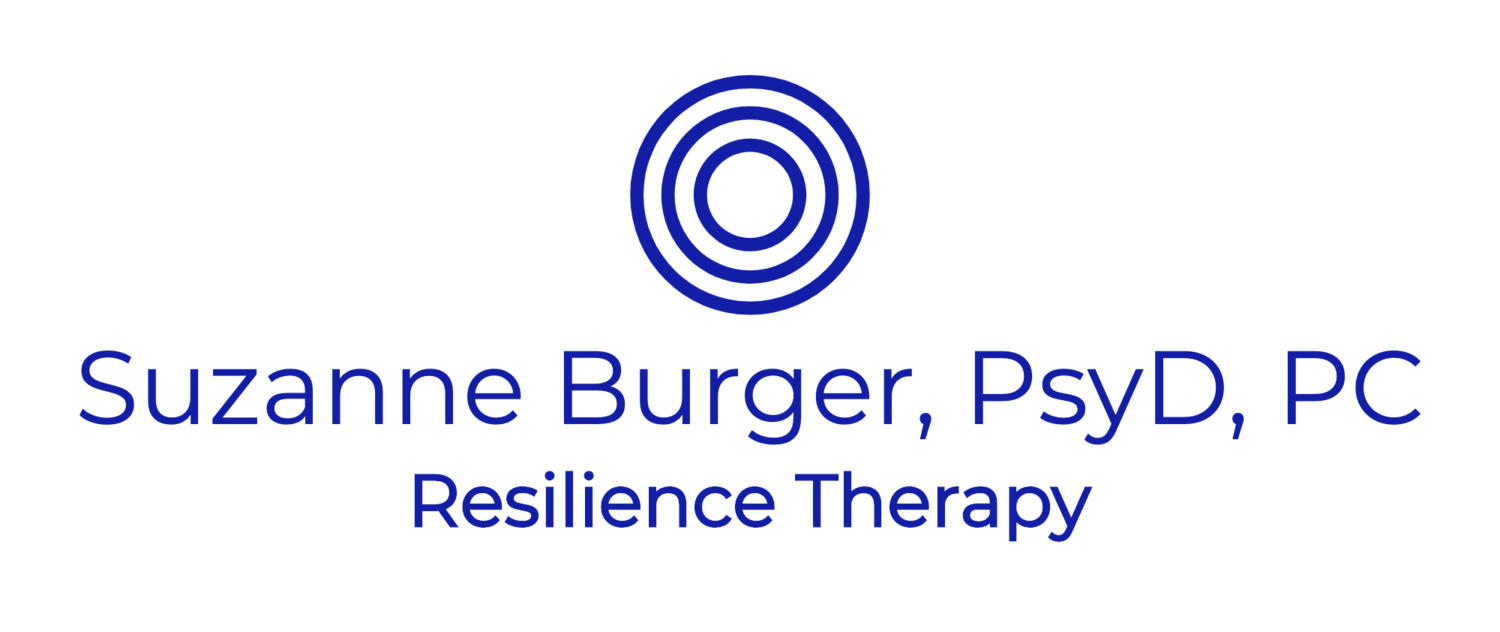Holding Hope: Working with Clients to Access Possibilities in the Face of Depression, Despair or Loss
/
“Hope is the thing with feathers
That perches in the soul -
And sings the tune without the words -
And never stops - at all -
And sweetest - in the Gale - is heard -
And sore must be the storm -
That could abash the little Bird
That kept so many warm -
I’ve heard it in the chillest land -
And on the strangest Sea -
Yet - never - in Extremity,
It asked a crumb - of me.”
- Emily Dickinson
At this time of year, with its dark nights, so many reach for hope. Many come away empty-handed...
Whether it’s to reach past depression, to grab a child who is slipping away into drugs or truancy, to grasp a parent losing the fight to illness or aging, to reach for one’s partner across a growing chasm marked by bitterness and resentment, it is a basic human need to seek out hope.
Regardless of your political leanings, the appeal of the campaign of hope run by Obama in his 2008 race was so successful precisely because it spoke to this basic yearning and capacity. He said: "hope is not blind optimism. It's not ignoring the enormity of the task ahead or the roadblocks that stand in our path. It's not sitting on the sidelines or shirking from a fight. Hope is that thing inside us that insists despite all evidence to the contrary, that something better awaits us if we have the courage to reach for it, and to work for it, and to fight for it."
In some ways I liken hope to the dreams that new parents hold as they cradle their newborn child, while envisioning that child’s first step, drawing, middle school concert, varsity start, high school graduation, and so on. There is nothing in that newborn's body offering a glimmer of these future feats other than the parents' vision and commitment to supporting the child's growth in the direction of these future milestones.
I view one of my central functions in working with individuals, parents and couples as holding hope. That is, I work to maintain an outlook in which I identify a client’s strengths and resilience, where I glimpse the potential of light even while joining them in their cavern of darkness. Hope is the act of holding onto possibility. This includes believing in the possibility of change, the possibility of having some influence to affect outcome, the possibility that what you think and feel and do make a difference, even when this difference is barely perceptible.
When I sit with my clients who struggle with loneliness, bitterness toward their partner or with their parents or maybe even with their children, deep depression or paralyzing fear, self-loathing or shame, I aim to reflect back to them not only acceptance but encouragement and a deep commitment to the principle of change. A psychotherapeutic model known as IFS (Internal Family Systems) holds a view that people function optimally when they access certain inherent qualities – the 8 C’s . These are clarity, compassion, courage, calmness, curiosity, connectedness, creativity and calmness.
So this season, if the lights from the Christmas tree, the Chanukah menorah, the Kwanza kinara fail to raise your sprits, here are some things for you to try:
- First, acknowledge, be with and accept your pain or fear or sadness. Cultivating compassion for these heavy emotions and the thoughts that accompany them is one way to bring in a little light. Being mindful in general, by attending to senses and sensations, is also a means of accessing healing experiences as the present moment may offer small joys, say through a rich melody the warmth of the sun’s rays on your skin,
- Visualize a future that you long for. Use imagery to evoke the outcome you desire, evoke a picture of you surrounded by caring friends and then notice the sensations and emotions evoked. This exercise in itself creates new neural pathways, a key ingredient of change.
- Try some exercise borrowed from the new science of happiness. Use your senses to connect to a sound, sight, smell, taste or touch that offers you a sense of comfort or pleasure. Rick Hanson, Phd.D., says that "The brain is like Velcro for negative experiences and Teflon for positive ones." To counter this negativity bias of our neurological wiring, savoring positive moments or nourishing the things that nourish you becomes all the more important.
- Or notice and make a note of the positive things that you do every day. If even this is challenging, consider taking the VIA Institute on Character’s survey (http://www.viacharacter.org/www/)to help you identify your strengths. Even if you are having difficulty detecting your abilities and gifts, they are present and this survey may help you identifying them. Once you can name a strength, find an active way of applying them each day.
Here's wishing that this year you will find that little light of yours...




